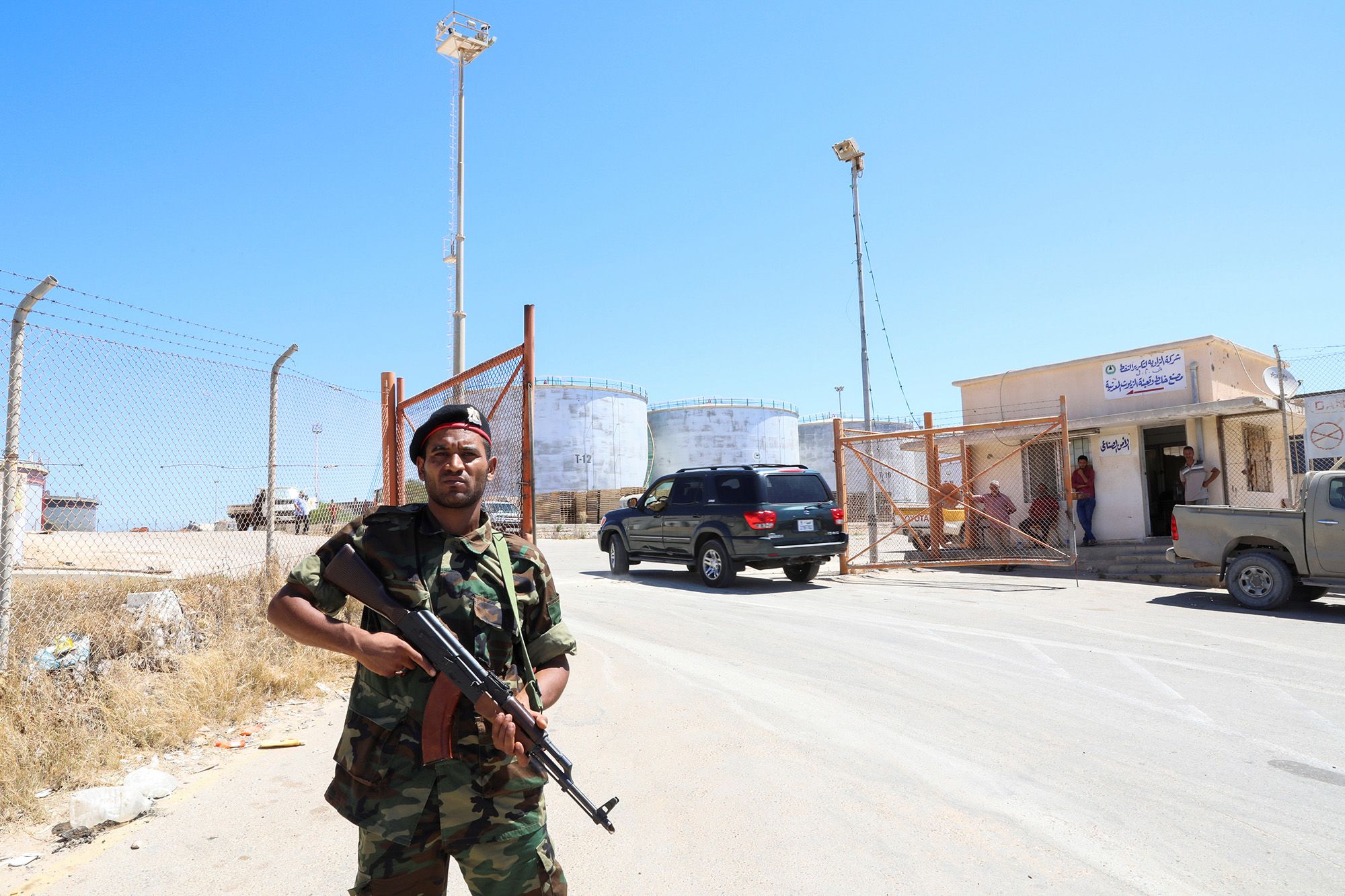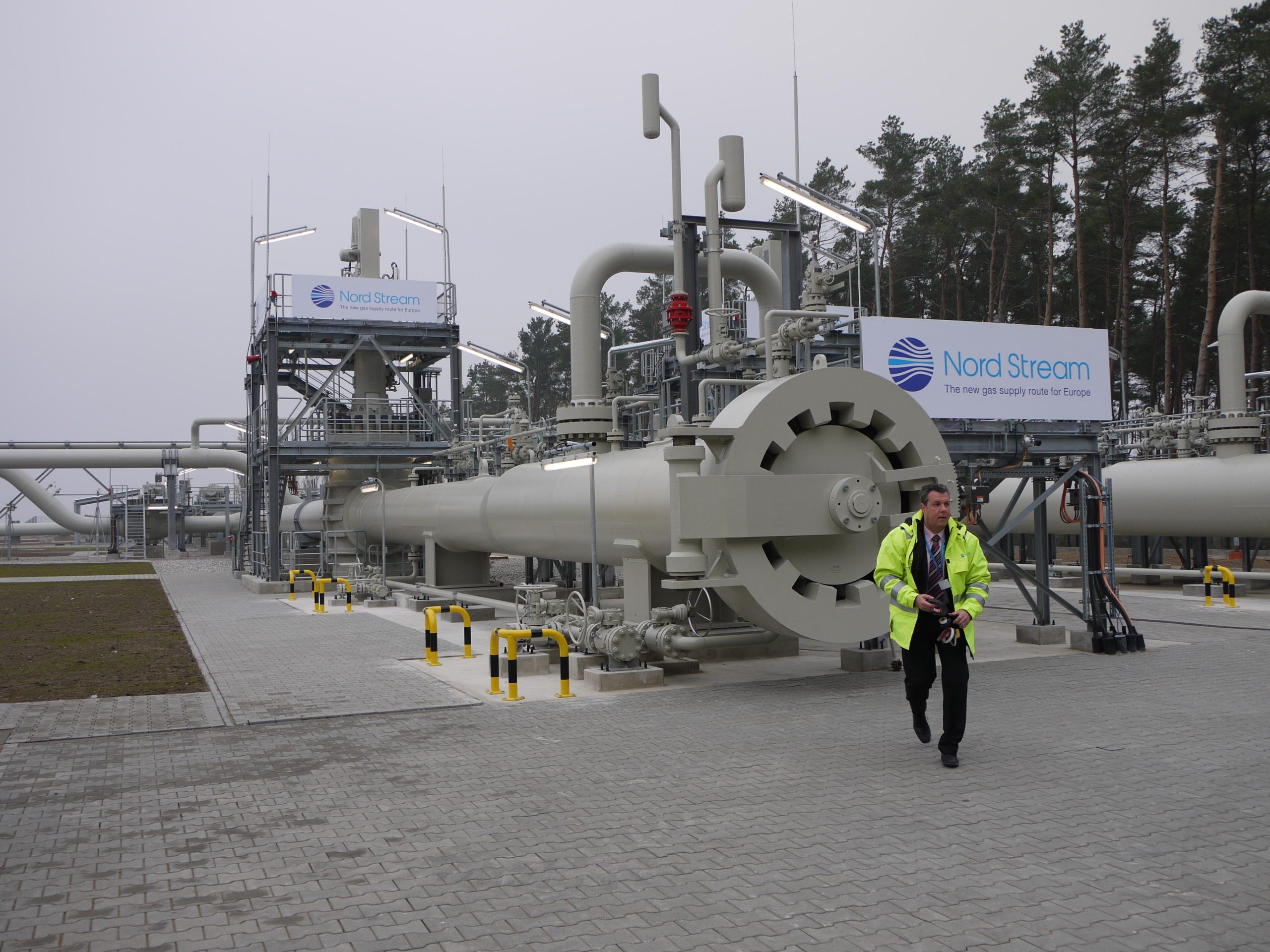Major Oil Companies Return to Libya

After an 18-year hiatus, Libya has reopened its doors to international oil exploration, attracting major global oil companies with its first exploration tender in nearly two decades. This significant move comes as Libya seeks to revitalize its oil and gas sector, which has been hampered by political instability and conflict. The tender offers a unique opportunity for Big Oil to secure lucrative exploration blocks in a region known for its vast hydrocarbon reserves.
Political Stability and Economic Recovery
Libya’s decision to launch this exploration tender is a clear indication of its commitment to achieving political stability and economic recovery. The North African country has long been plagued by civil unrest and power struggles, which have disrupted its oil production and export activities. By inviting international oil companies (IOCs) to explore and develop its hydrocarbon resources, Libya aims to boost its oil revenue, create jobs, and stimulate economic growth.
Attracting Major Players
The tender has garnered interest from some of the world’s largest oil companies, including TotalEnergies, Eni, Repsol, and Equinor. These major players are drawn to Libya’s potential, despite the risks associated with operating in a politically volatile region. The exploration blocks on offer cover vast areas with proven hydrocarbon potential, making them highly attractive to IOCs seeking to expand their portfolios and secure future oil and gas supplies.
Exploration Blocks and Hydrocarbon Potential
The exploration tender includes several highly prospective blocks, each with its own unique geological features and hydrocarbon potential. Some of the key blocks include:
- Block NC196: Located in the Sirte Basin, this block is known for its significant oil discoveries and is adjacent to several producing fields. Its proximity to existing infrastructure makes it an attractive prospect for development.
- Block NC198: Also in the Sirte Basin, this block has shown promising signs of hydrocarbon potential through seismic data and is considered a high-priority target for exploration.
- Block NC199: Situated in the Ghadames Basin, this block offers a different geological setting with potential for both oil and gas accumulations. Its remote location presents challenges but also opportunities for discovery.
Risks and Challenges
While the potential rewards are high, so are the risks. Operating in Libya involves navigating political instability, security concerns, and complex regulatory environments. IOCs will need to carefully manage these risks and work closely with local partners and authorities to ensure the success of their exploration activities.
Strategic Importance for IOCs
For major oil companies, participating in Libya’s exploration tender is a strategic move to secure future oil and gas supplies and expand their global portfolios. Libya’s hydrocarbon resources are world-class, and gaining a foothold in the country can provide long-term benefits, including access to new reserves and potential production growth.
Conclusion
Libya’s first exploration tender in 18 years marks a new chapter in the country’s oil and gas sector. By attracting major international oil companies, Libya aims to revitalize its hydrocarbon industry, boost economic growth, and achieve greater political stability. For IOCs, the tender presents a unique opportunity to explore highly prospective blocks in a region with significant hydrocarbon potential. However, success will depend on effectively managing the associated risks and challenges. As Libya opens its doors to Big Oil, the coming years will be crucial in determining the future of its oil and gas sector and its role in the global energy landscape.


















